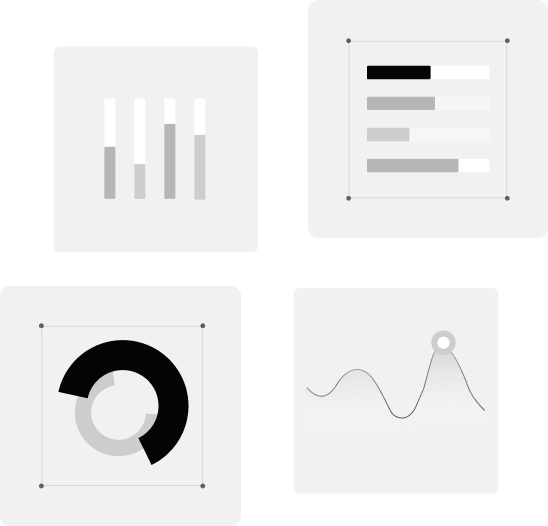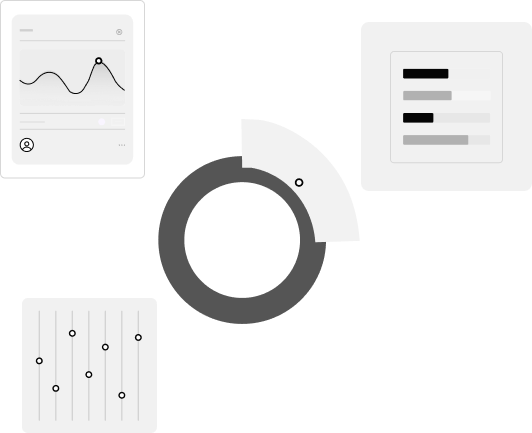Introduction
We demonstrate in our recent paper that it is now possible to score sleep at equivalent performance to expert human-scored polysomnography (PSG) using only ECG [1]. Therefore, we proposed the term "cardiosomnography" (CSG) for any sleep study conducted exclusively using electrocardiography (ECG, also known as EKG) data.
Our intention is for CSG to take more expert-level sleep studies outside the confines of clinics and laboratories and into realistic settings—with just a chest strap. By eliminating the need for the most cumbersome equipment and manual scoring, CSG makes less expensive, higher-quality studies more widely accessible.
Our intention is for CSG to take more expert-level sleep studies outside the confines of clinics and laboratories and into realistic settings—with just a chest strap. By eliminating the need for the most cumbersome equipment and manual scoring, CSG makes less expensive, higher-quality studies more widely accessible.
Adam M. Jones, Laurent Itti, Bhavin R. Sheth, "Expert-level sleep staging using an electrocardiography-only feed-forward neural network," Computers in Biology and Medicine, 2024, doi: 10.1016/j.compbiomed.2024.108545.
Sleep Staging with CSG
Our method offers an inexpensive, automated, and convenient alternative for sleep stage classification—further enhanced by a real-time scoring option. While our research focused on achieving expert-level, five-stage sleep scoring [1], numerous other studies have also demonstrated that ECG alone can reliably detect sleep apnea [2, 3, 4].
We suggest that everyone interested should read the paper to find out more. (Make sure to also check out the supplementary materials, as there were too many results for the main text.) However, we have also provided some summary results here, if you would like to read more.
We suggest that everyone interested should read the paper to find out more. (Make sure to also check out the supplementary materials, as there were too many results for the main text.) However, we have also provided some summary results here, if you would like to read more.
Sleep Score Your Own Data
There are currently three models in the repository that anyone can use to score their own ECG data. The GitHub repository contains everything you need to do the following:
- Prepare your data.
- Sleep score your data.
- Use the benchmark dataset.
- Use the loss function for your own models.
- Replicate everything in the paper's Methods and Results sections.
Read More
If you'd like to learn more about the following topics, you can read more on the next page:
- The paper's results.
- Data and rigor.
- The three available models.
- History and future plans for CSG.
- References.


